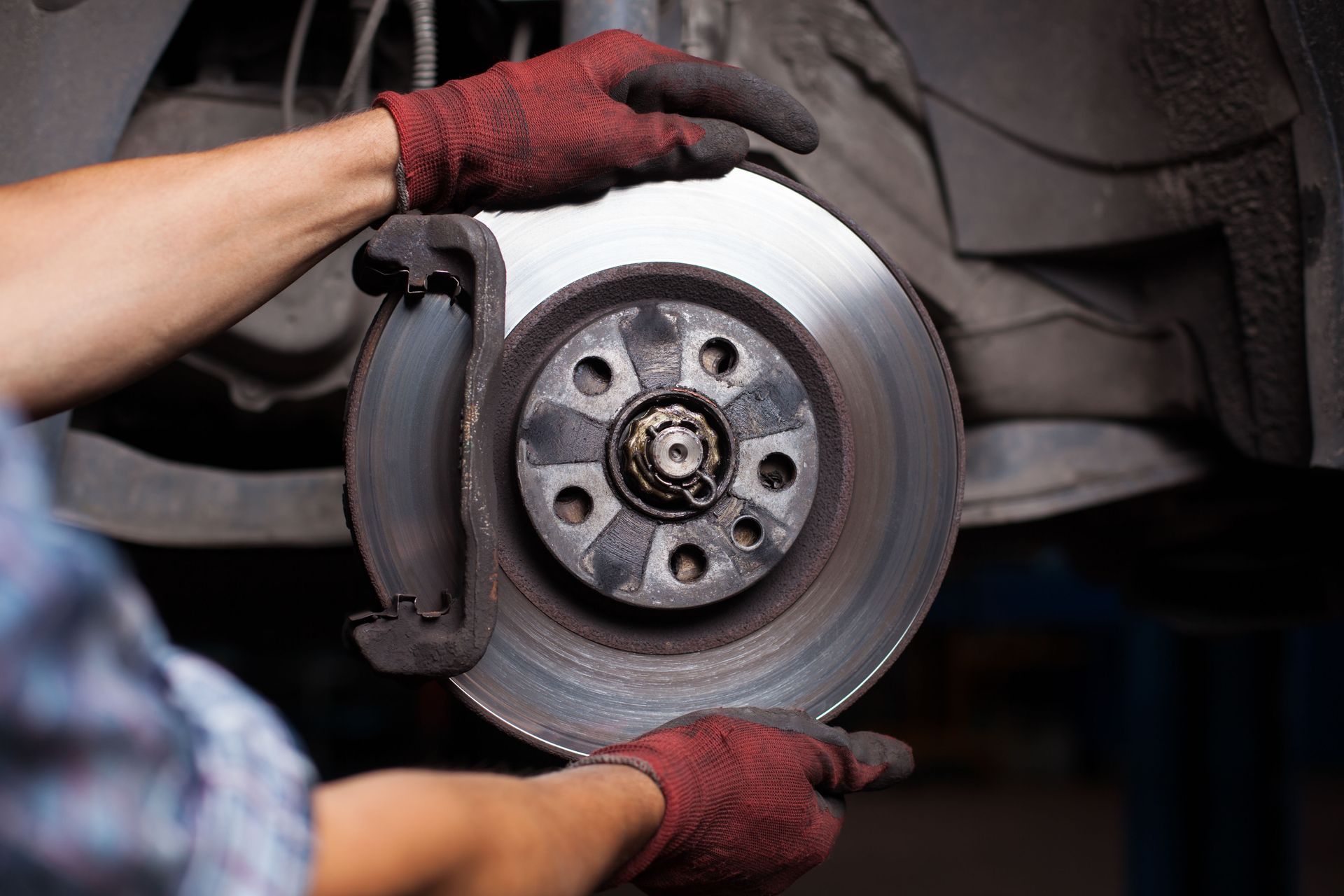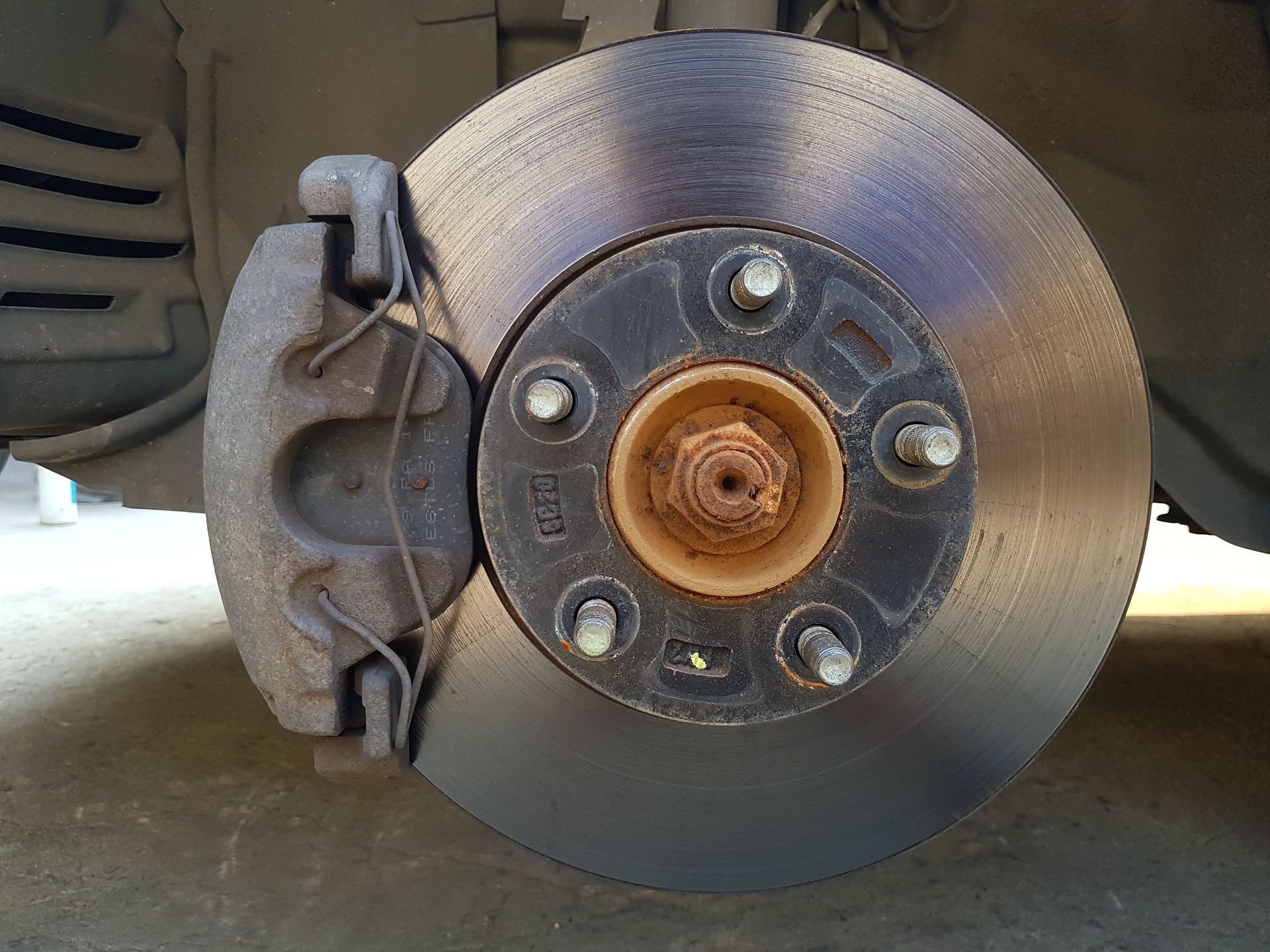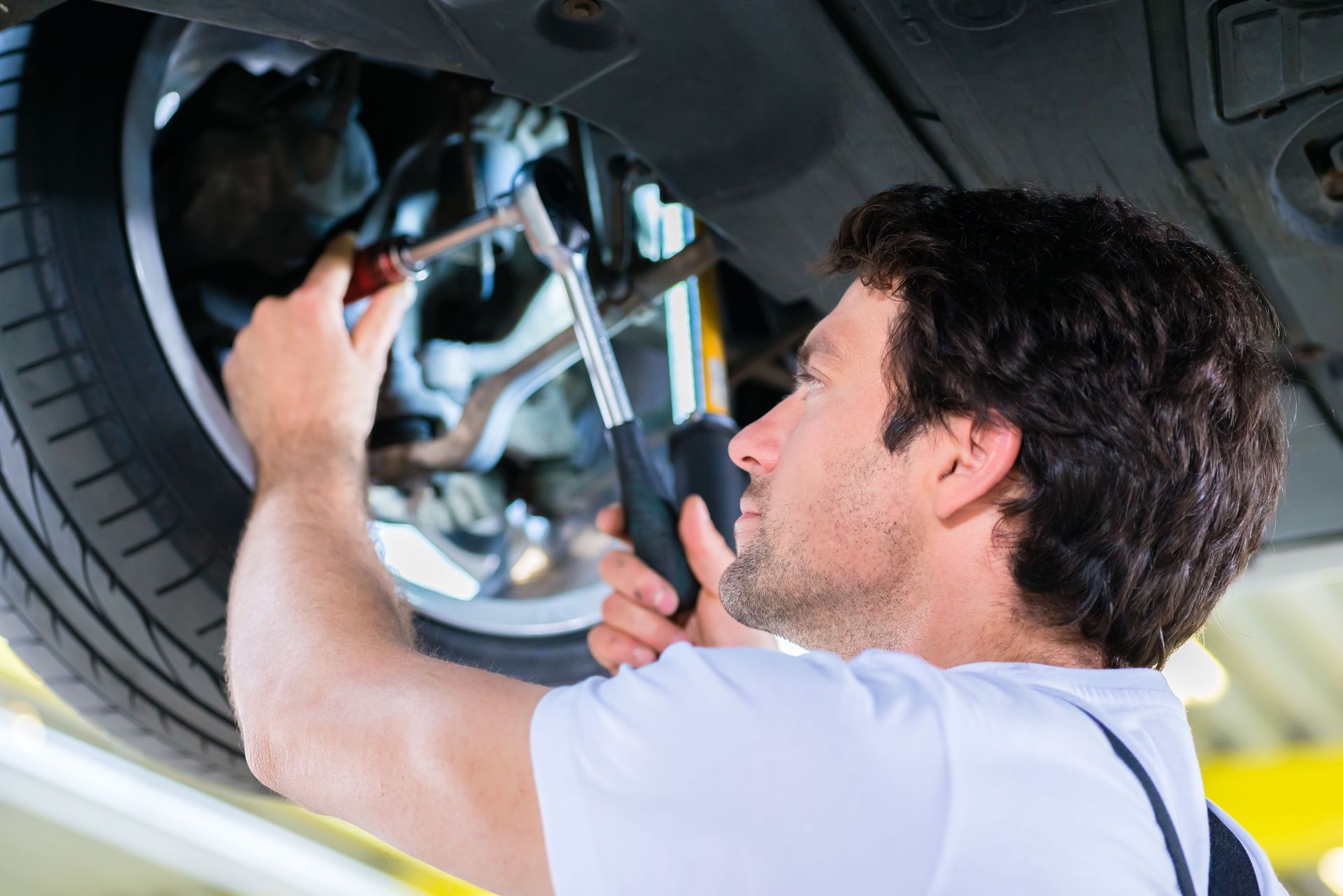5 Signs It's Time to Schedule Car Brake Repairs
Maintaining your vehicle is more than just keeping it looking good; it’s about ensuring safety and reliability on the road. Your brakes are one of the most critical components of your car, responsible for keeping you and your passengers safe in everyday driving situations. Unfortunately, many drivers neglect their braking system until a serious problem arises. Knowing when to schedule car brake repairs can prevent accidents, costly damage, and inconvenient breakdowns.
Regular vehicle maintenance is about both protecting your investment and peace of mind. Brakes endure constant stress and wear, especially in urban areas with heavy traffic or hilly terrain. By recognizing the early warning signs of brake problems, you can address minor issues before they escalate into serious safety hazards. Explore five key signs that indicate it’s time to bring your car to a professional for a brake inspection and repair.
1. Squealing or Grinding Noises
One of the most obvious warning signs of a braking issue is unusual sounds coming from your wheels. If you hear a high-pitched squeal or a grinding noise when applying the brakes, it’s usually a sign that your brake pads are worn out. Squealing can occur when brake pads have a wear indicator—a small metal piece that makes noise when the pad material is nearly gone. Grinding, on the other hand, may indicate metal-on-metal contact between the brake pad and rotor, which can cause significant damage if left untreated.
While a brief squeal might not seem serious, persistent noises are often a clear signal that components are deteriorating. Brake pads are designed to protect your rotors from excessive wear, and ignoring these sounds can lead to costly repairs or even rotor replacement. In many cases, mechanics can replace pads quickly, preventing further damage and ensuring your brakes remain effective.
Addressing these noises promptly is critical. Timely car brake repairs not only restore proper braking performance but also help maintain overall vehicle safety. Even minor sounds can escalate into larger problems if left unattended, making early intervention essential for avoiding more serious and expensive repairs.
2. Longer Stopping Distances
If your car seems to take longer than usual to come to a complete stop, this is a red flag that your brakes may be losing efficiency. Worn brake pads, damaged rotors, or low brake fluid can all contribute to reduced stopping power. Driving with compromised brakes is extremely dangerous, especially in emergencies where every foot counts. Even everyday driving, like approaching a stop sign or merging in traffic, can become riskier when your brakes aren’t performing properly.
It’s important to test your braking system under safe conditions, such as an empty parking lot, to see if you notice any increase in stopping distance. Even slight delays in braking response can signal that your system is not functioning optimally. Ignoring this warning can put you at serious risk, particularly in high-traffic areas or during sudden stops.
Scheduling car brake repairs when you notice decreased stopping power ensures that your vehicle remains responsive and safe. Addressing these issues promptly protects you, your passengers, and other road users, giving you confidence that your brakes will perform when you need them most.
3. Brake Pedal Problems
Your brake pedal can provide important clues about the health of your braking system. A pedal that feels soft or spongy may indicate air in the brake lines or a problem with the brake fluid. Conversely, a pedal that sinks to the floor or feels unusually stiff can signal hydraulic issues or worn components.
Pedal issues should never be ignored, as they can compromise your ability to control your vehicle effectively. Even a minor change in pedal feel can affect braking performance, particularly in emergency situations. Regular maintenance and inspection help ensure that your brake pedal delivers a consistent, predictable response.
Consulting a professional for car brake repairs at the first sign of pedal abnormalities can prevent more serious problems down the road. Mechanics can quickly diagnose issues with brake fluid, lines, or master cylinders, restoring full functionality and ensuring your braking system operates safely and reliably.
4. Vibrations or Pulsations
If you feel vibrations or pulsations in the brake pedal or steering wheel when applying the brakes, it’s usually a sign of warped rotors. Warped rotors can occur due to excessive heat, wear, or uneven torque on the wheel. Over time, these vibrations can make braking less predictable and reduce your vehicle’s overall control.
The sensation of a pulsating pedal or shaking steering wheel is more than an annoyance—it’s a safety concern. Warped rotors affect how evenly your brakes engage, which can extend stopping distances and reduce traction in critical situations. Left untreated, this issue may worsen, making the car increasingly difficult to handle safely.
Drivers often underestimate the importance of addressing these issues promptly. According to Mintel, in 2024, 46% of U.S. households owned only one vehicle. For these households, vehicle reliability is crucial, making it even more important to schedule car brake repairs at the first sign of unusual vibrations to avoid losing the ability to safely drive your primary means of transportation.
5. Dashboard Warning Lights
Modern vehicles are equipped with sophisticated warning systems that alert drivers to potential problems. If your brake warning light, ABS light, or traction control light illuminates, it could indicate a serious braking issue that requires immediate attention. While some dashboard alerts may be triggered by minor issues, ignoring them can lead to dangerous situations.
These warning lights are designed to provide early notification of a malfunction, allowing drivers to act before the problem escalates. Mechanics can run diagnostics to determine whether the alert signals a minor fix or a more serious underlying issue. In either case, timely intervention ensures your braking system remains safe and reliable.
Bringing your car to a qualified mechanic for brake repairs at the first sign of a warning light ensures that your braking system is fully functional. It not only preserves vehicle safety but also helps prevent costly repairs that may result from prolonged neglect.
Your brakes are one of the most important safety features of your vehicle, and they deserve regular attention. Ignoring signs of wear or malfunction can put you, your passengers, and everyone on the road at risk. Squealing noises, longer stopping distances, brake pedal issues, vibrations, and warning lights are all clear indicators that it’s time to schedule car brake repairs. Addressing these signs early can prevent small problems from turning into major, costly repairs that affect both your safety and your wallet.
Regular brake maintenance not only ensures your car stops when you need it to but also helps extend the life of other essential components, such as rotors and calipers. By taking proactive steps, you’re also reducing the likelihood of getting stranded due to brake failure, which can be stressful, inconvenient, and potentially dangerous.
Staying vigilant about your brakes demonstrates responsible car ownership. Acting promptly when you notice issues allows you to maintain control of your vehicle in any situation, protecting your investment and giving you peace of mind on the road. Don’t wait until a minor brake problem becomes a major emergency. Schedule professional brake repairs today to keep your car safe, reliable, and ready for every journey.
Ensure your safety on the road by booking car brake repairs with Autobahn Imports, where skilled technicians keep your brakes in top condition.





Share On: